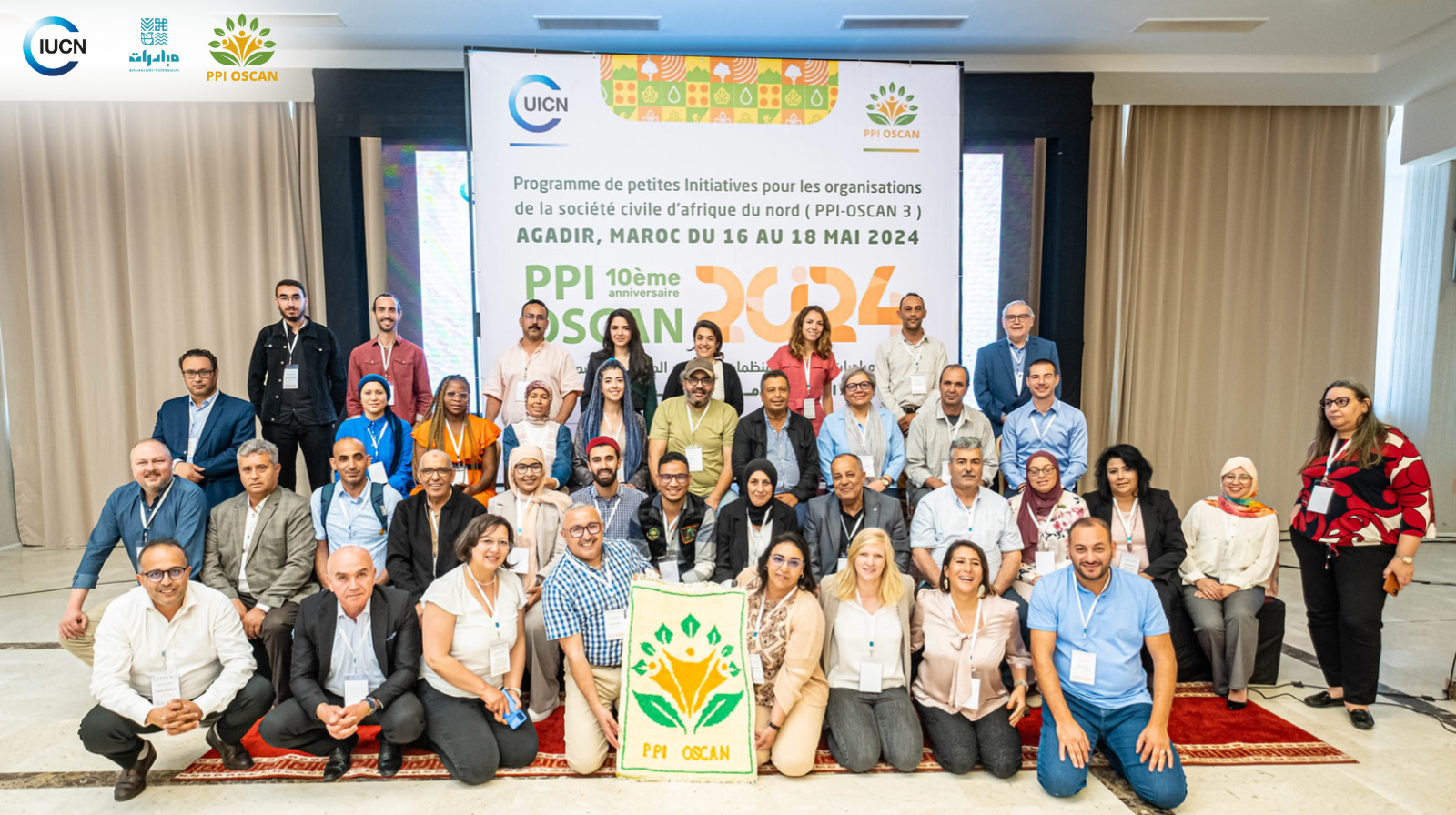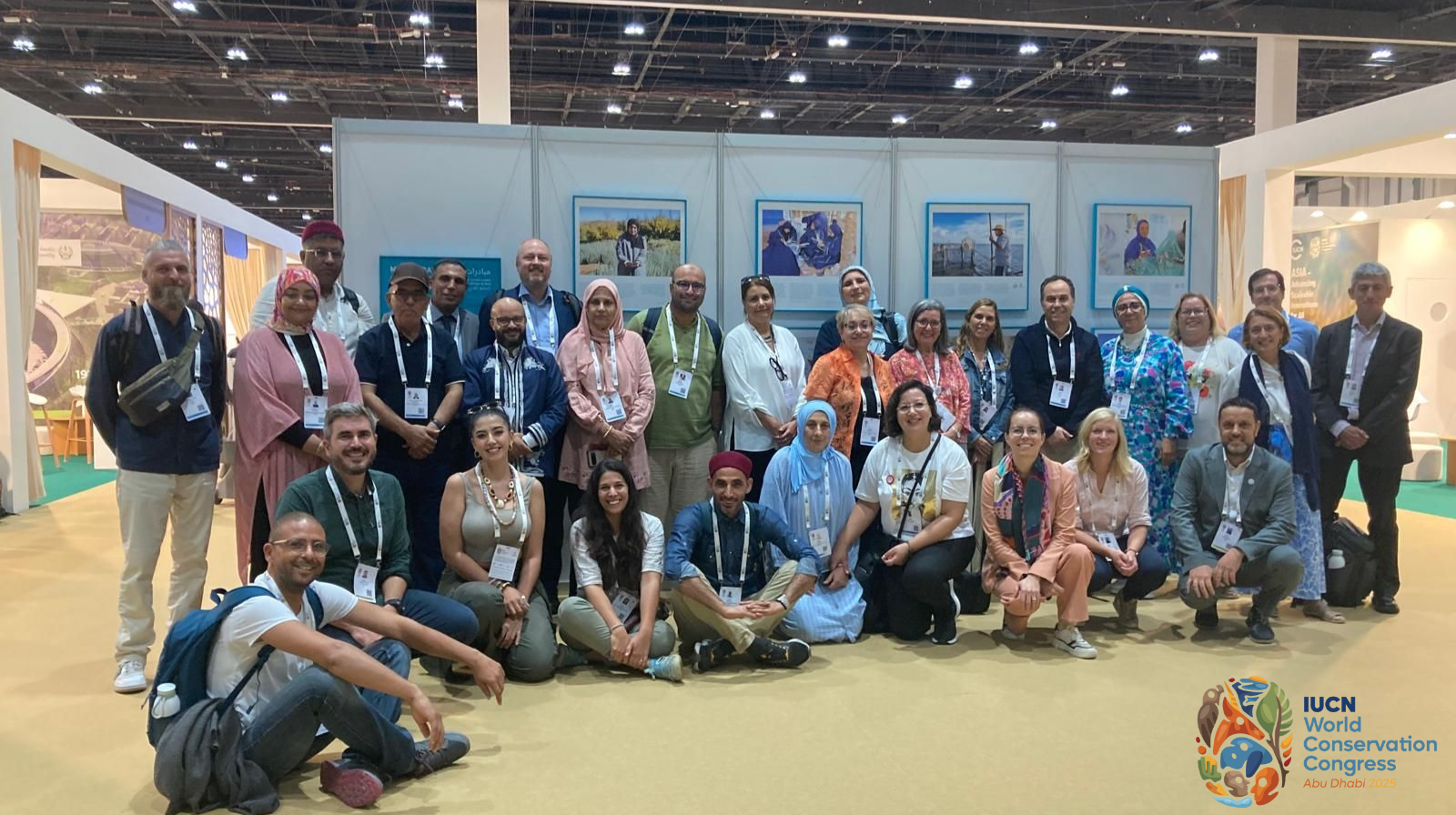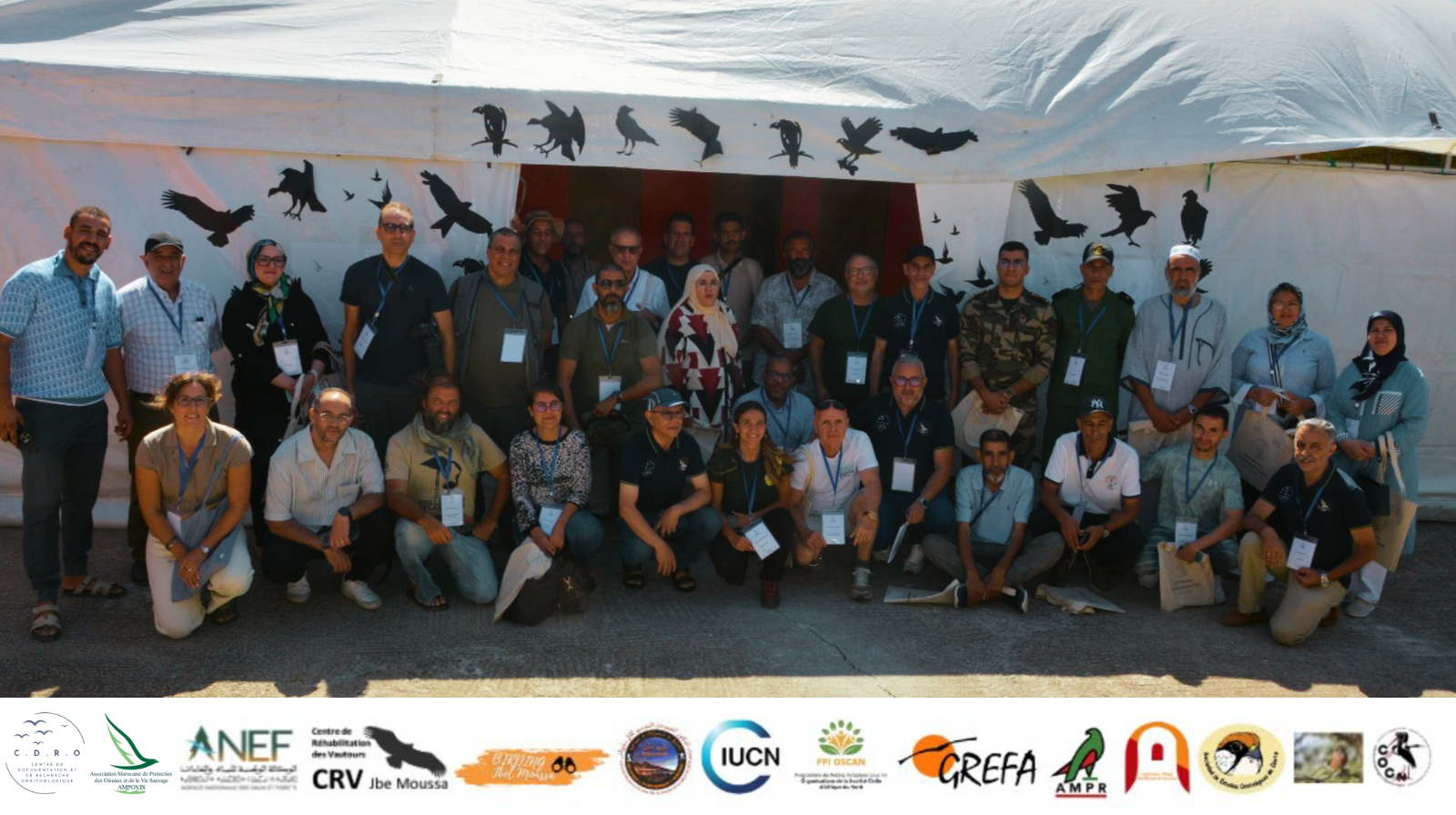The oasis of Tozeur, one of the oldest and largest in the Jerid region, covering 900 hectares across the neighborhoods of Abbès, El-Oust, and Errebat, has faced ongoing degradation in recent years. In response, the IRADA Association for the Development of Tozeur embarked on a mission to restore this historic oasis, empowering the community while preserving its rich ecological heritage. Over the past two years, through the “Tozeur Eco Palm” project, IRADA has made significant progress towards these goals.
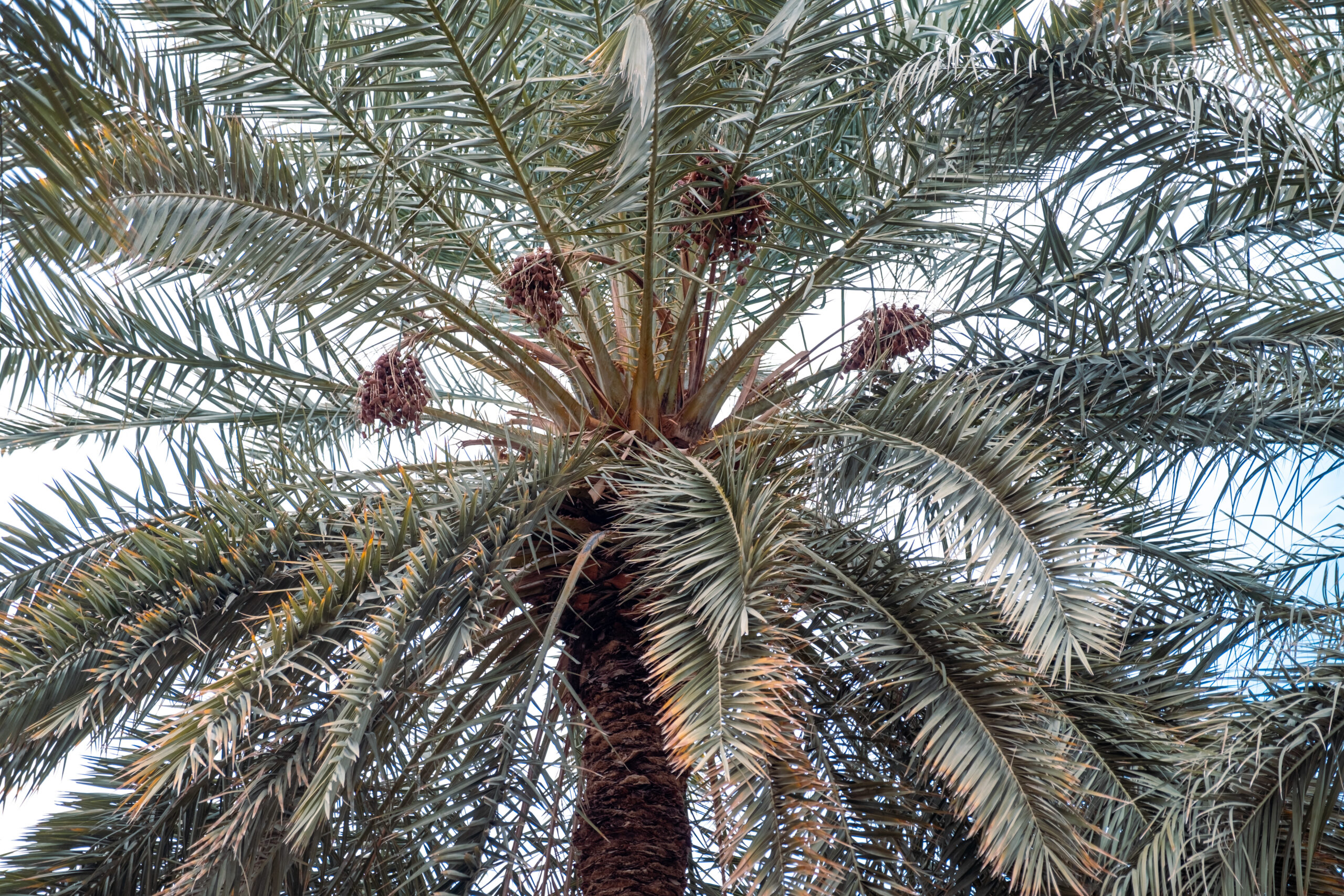
A new life for Tozeur’s Oasis
At the heart of IRADA’s project was an innovative approach to restore the three characteristic vegetative layers of the oasis: the upper layer of date palms, the intermediate layer of fruit trees, and the understory of vegetables and herbs. This restoration effort aimed not only to revive the ecological functions of the oasis but also to ensure that local agricultural traditions were preserved, all while integrating the community into a sustainable development dynamic.
The diversification of crops was central to this mission. New varieties of date palms, such as Alig, Akhout, and Kentichi, were introduced to strengthen the upper vegetative layer. Additionally, over 150 fruit trees, including apricot and plum trees, were planted, enriching the intermediate layer of the oasis. Beyond replanting, several initiatives were implemented to enhance the overall management of the oasis:
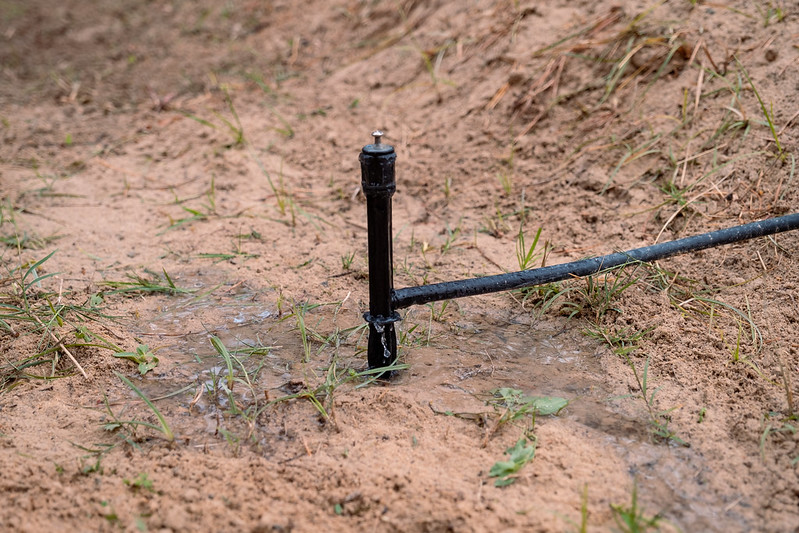
- Water management: Three localized irrigation systems were installed, paired with “field schools” to teach farmers best practices in irrigation and sustainable water management. This effort has significantly reduced water wastage—a critical element in this arid region—and improved crop productivity.
- Climate monitoring: Two weather stations were set up in the oasis to compare climatic conditions between plots with three vegetative layers and monoculture palm plots. Data collected showed better moisture retention in the layered plots, demonstrating the ecological benefits of this vegetative structure.
- Composting and soil management: Three composting units were established, promoting environmentally friendly agriculture and sustainable soil management.
- Protection against erosion: Measures to protect against sand encroachment and fencing to shield the plots from wild boar were also put in place.
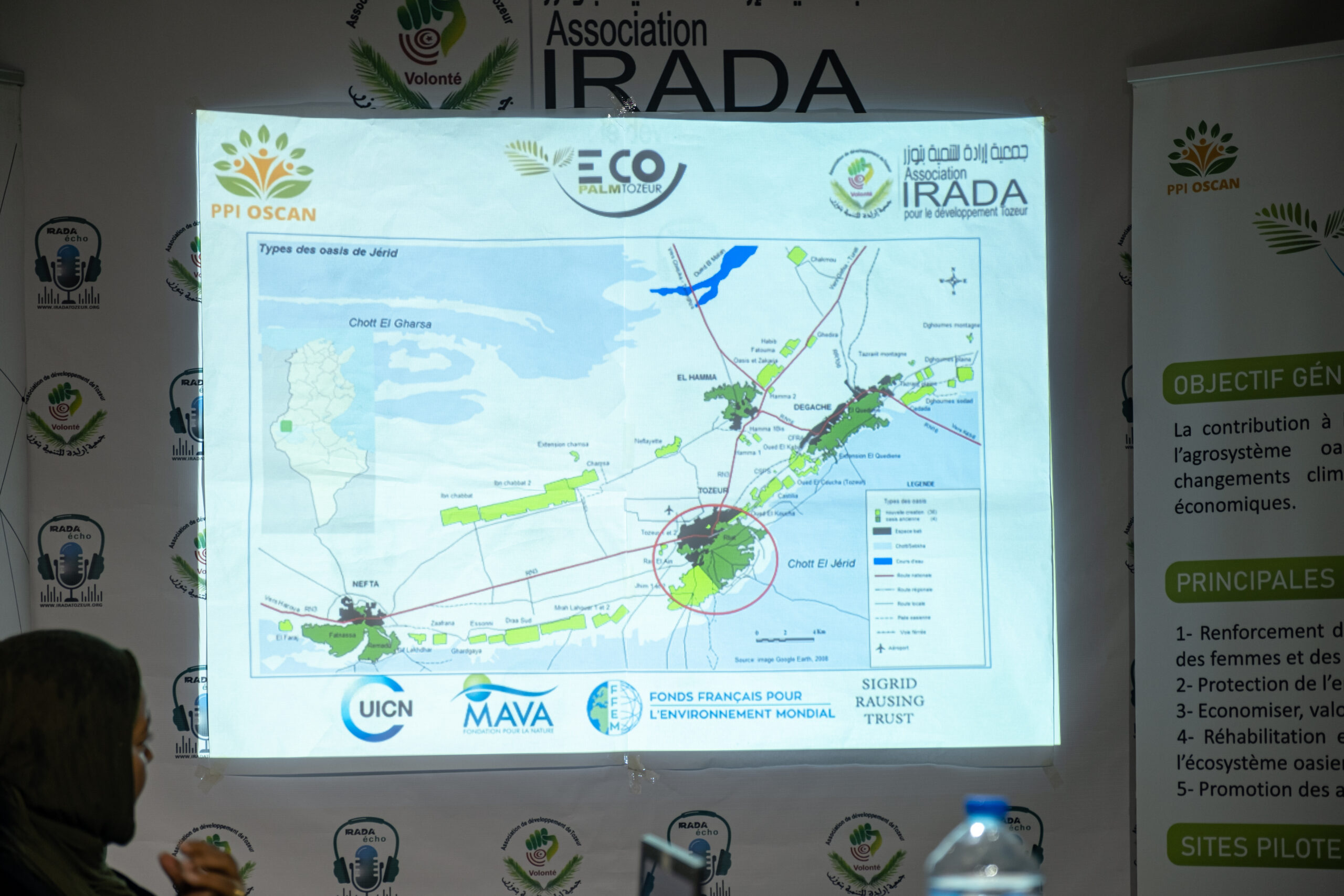
A community-driven dynamic
The “Tozeur Eco Palm” project mobilized 70% of the farmers in the area, with 40% of the participants being women from the oasis community. IRADA focused on building the capacity of Agricultural Development Groups (GDA), actively involving young farmers and women, thereby strengthening their role in the sustainable management of natural resources.
Knowledge Sharing and Partnerships
The initiative also encouraged exchanges with other regions. In March 2024, IRADA launched the “IRADA Camp,” a gathering dedicated to sustainable and inclusive oases. This camp brought together 35 participants from the PPI OSCAN 3 program, including representatives from Tunisia, Libya, and Morocco. It served as a platform for sharing experiences and know-how, helping participants adopt innovative practices for oasis preservation. The initiative also fostered strong interregional connections and the promotion of sustainable solutions tailored to the specific needs of oases.
IRADA has established partnerships with local associations to strengthen the impact of its initiatives. By working hand in hand with local stakeholders, IRADA promotes sustainable resource management and the preservation of oasis ecosystems. These partnerships contribute to anchoring conservation efforts in the realities of the field while promoting the empowerment of local communities.
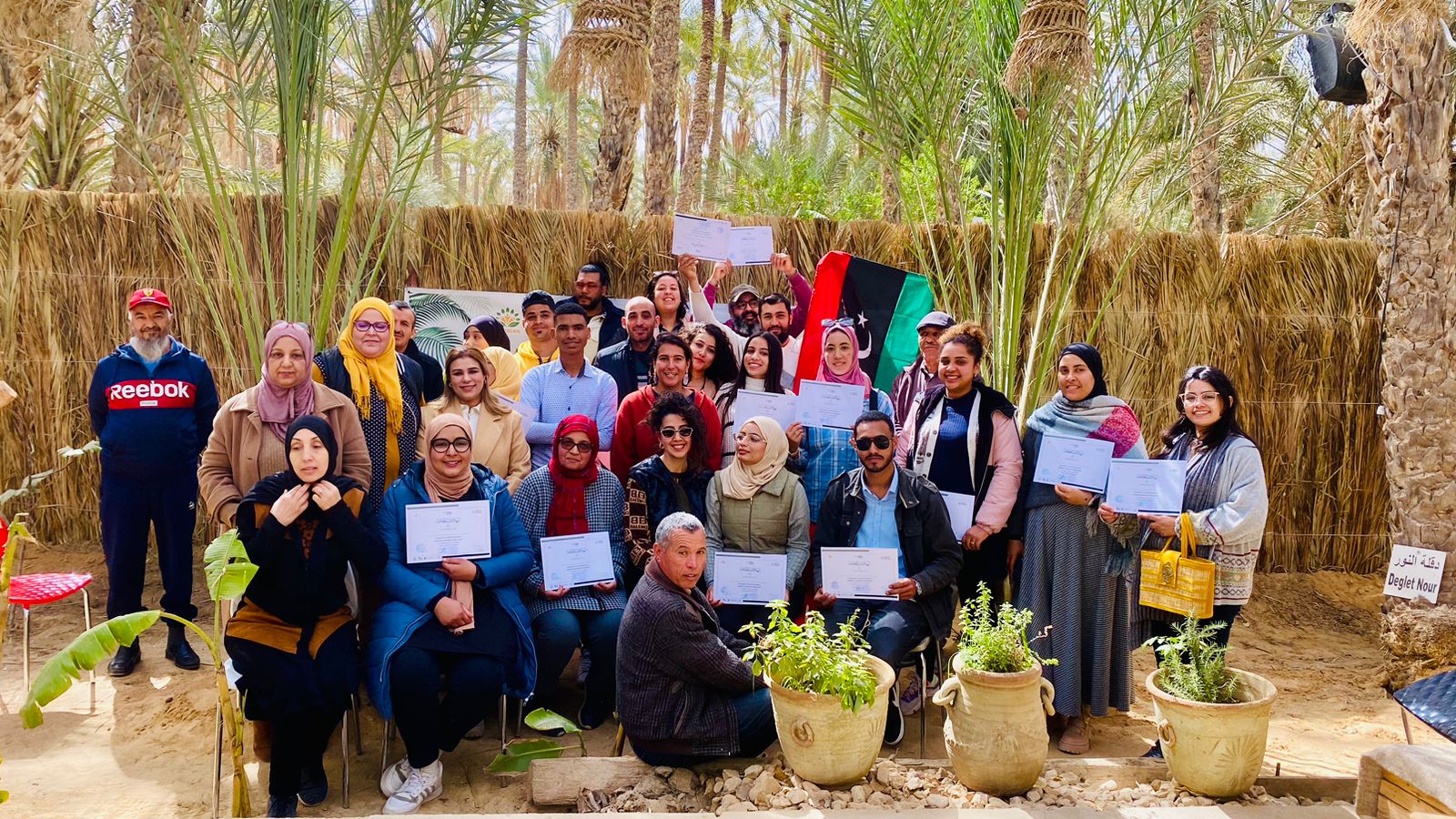
Sustainable impact
Thanks to the support of the OSCAN 3 PPI, IRADA has been able to implement concrete solutions to restore the ecological functions of the Tozeur oasis, while improving the resilience of oasis agriculture. This project embodies a model of sustainable development, combining conservation of natural resources, community mobilization and innovation.
Mr.Yassine Barrani, President of the IRADA Association, said: “The Tozeur Eco Palm project embodies our commitment to preserving oases in Tunisia while actively involving farmers, women and young people in the community. Through concrete initiatives, we have demonstrated that sustainability and resilience are possible, even in environments as fragile as that of the Tozeur oasis.”
The IRADA Association has succeeded in breathing new life into the Tozeur oasis, proving that sustainable management and local participation are essential to securing the future of our ecosystems.
To find out more about the IRADA Association and its sustainable development initiatives in Tozeur, please visit their website and follow them on their social media.
This project was funded by the Small Initiatives Program for CSOs in North Africa (PPI OSCAN) – coordinated by IUCN MED, and funded by the French Global Environment Facility (FFEM), the MAVA Foundation, and the Sigrid Rausing Trust Foundation.

